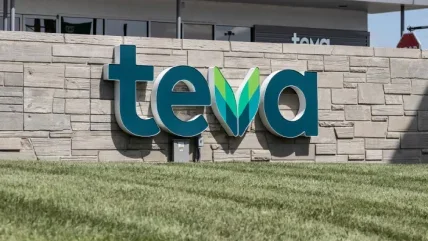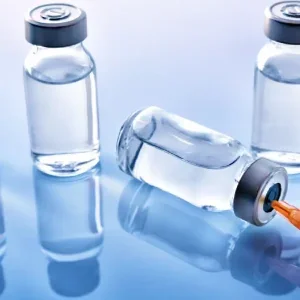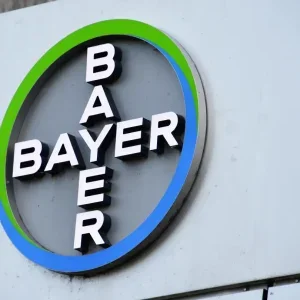
Teva Pharmaceutical Industries and Shanghai Fosun Pharmaceutical have entered a strategic partnership to advance the development of TEV-56278.
The collaboration aims to enhance the clinical data generation for TEV-56278, an investigational anti-PD1-IL2 therapy created using Teva’s in-house Attenukine technology.
The Attenukine technology offers improved efficacy and reduced toxicity across various oncology indications.
Under the partnership, Fosun Pharma gets exclusive rights to develop, manufacture, and market TEV-56278 in Mainland China, Hong Kong, Macau, Taiwan, and select Southeast Asian countries.
Teva will retain rights for the rest of the world and use data generated by Fosun Pharma.
Teva Global R&D executive vice president and chief medical officer Eric Hughes said: “This partnership with Fosun Pharma in the development of our internally developed TEV-56278, an anti-PD1-IL2 ATTENUKINE therapy with the potential to treat devastating cancers, is the latest advance to ensuring acceleration of our pipeline.
“TEV-56278 demonstrates the strength of Teva’s innovative drug development capabilities and how strategic partnerships with companies such as Fosun Pharma play a pivotal role in advancing therapies on behalf of patients.”
TEV-56278 is designed to selectively deliver interleukin-2 (IL-2) to PD-1+ T cells, enhancing anti-tumour T-cell activity while minimising systemic toxicities.
The targeted approach aims to improve outcomes for patients with various cancer types.
In the preclinical data, TEV-56278 showed tumour regression, increased T-cell infiltration, and durable immune memory.
Fosun Pharma executive president and global R&D centre CEO Xingli WANG said: “We are pleased to partner with Teva on the development of TEV-56278.
“This collaboration brings together Teva’s expertise in innovative drug development with Fosun Pharma’s strong oncology development experience and commercial capabilities in the China market, creating a powerful synergy to accelerate the delivery of this important therapy to patients globally.”
Last month, Teva, in partnership with Biolojic Design, initiated investigational new drug (IND)-enabling studies for BD9, a multibody drug that targets both TSLP and IL-13.






